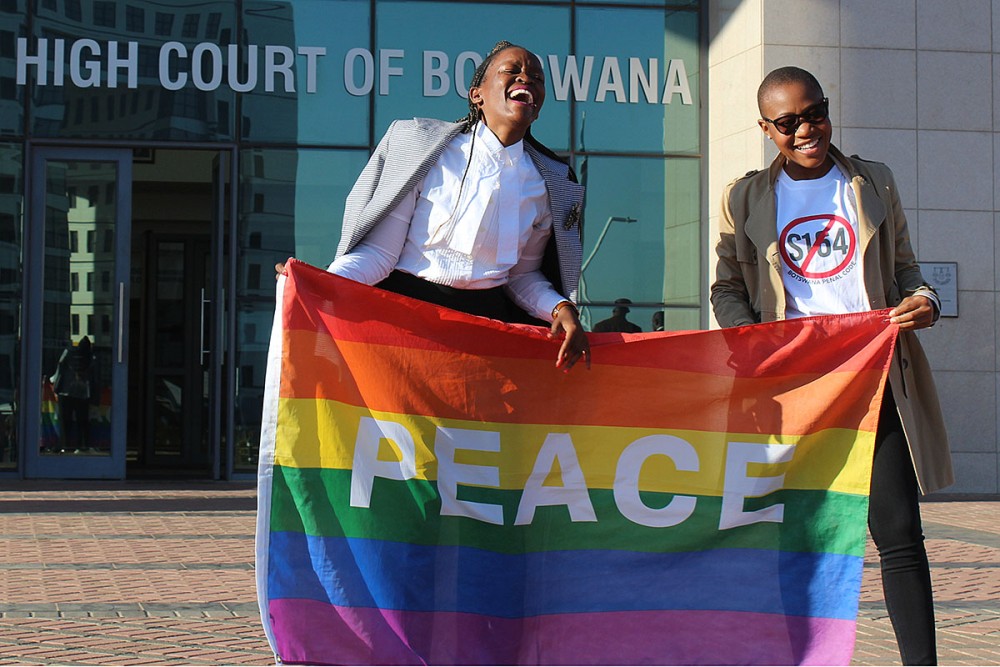Botswana overturns law criminalizing gay and lesbian sexual relationships
Botswana, like dozens of countries worldwide, inherited its law on gay sex from the British Empire. In recent years momentum has been building to repeal those laws.

(The Christian Science Monitor) When Letsweletse Motshidiemang was growing up in a village in northern Botswana, no one used words like gay or queer. No one called him anything. In that silence was a quiet acceptance.
“People knew I was different, but I was surrounded by people who loved me,” he said. “I was never taught to hate myself.”
In 2016, when he was 21, Motshidiemang approached a law professor at the University of Botswana, where he was a student, and asked for help challenging Botswana’s “carnal knowledge” law, a colonial-era prohibition on gay sex.





